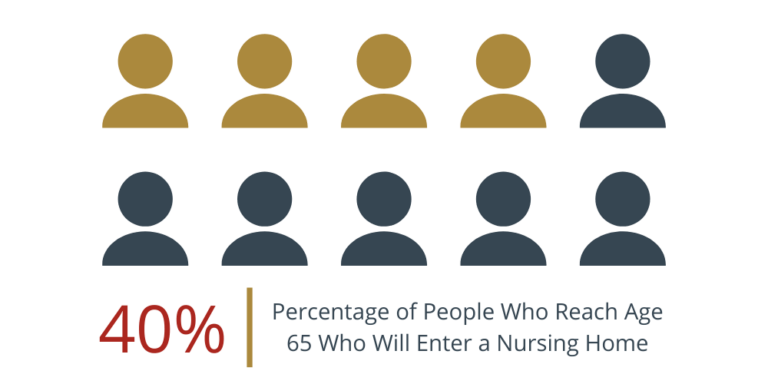Tip: Do not go broke in a nursing home! It is important to understand a nursing home may not tell you everything you need to know about asset protection. Schedule a no cost consultation to learn how families avoid unnecessary nursing home costs by accelerating Medicaid benefits.
Work with an Experienced Arkansas Medicaid Planning Attorney
McClelland Law Firm, P.A. is here to help you and your loved ones understand Medicaid planning, crisis planning, probate and trust administration, estate planning, guardianship, and elder law. Our Benton, Sherwood, and Searcy law offices welcome you to contact us and learn how we can help meet your estate planning legal matters in White County, Pulaski County, Saline County, and throughout Arkansas.
Case Study:
John Smith and Jane Smith of Cabot, Arkansas currently have a home, rental property in Jacksonville, Arkansas, and $40,000 in CD’s. After speaking with the Admissions Director and Director of Finance for John’s placement in a nursing home, they were told they needed to sell their rental ($60,000), and then spent down the $100,000 in liquid assets. Their son, who is a financial advisor in Little Rock, sought out an elder law attorney for a second opinion. After speaking with the attorney, he advised keeping the rental property; allocating $25,728 as the minimum community spouse resource allowance (CSRA), spend $7,000 for one month of the nursing home, and then spend the remainder on qualified repairs to the home. This elder law attorney was able to protect their assets and provide greater financial help for the wife.

